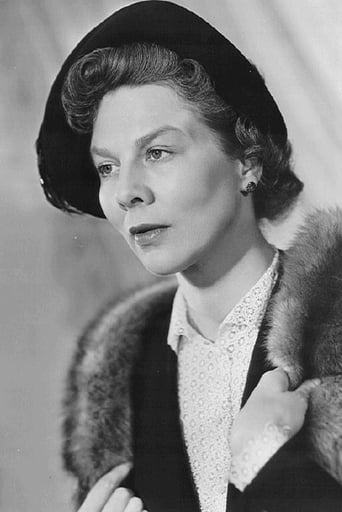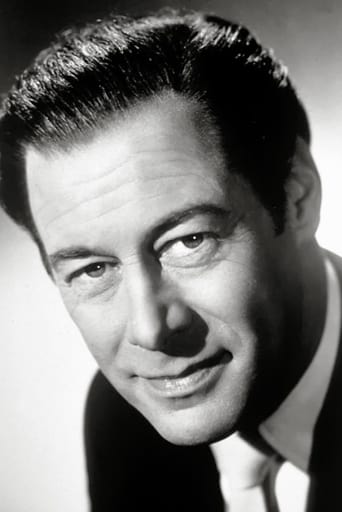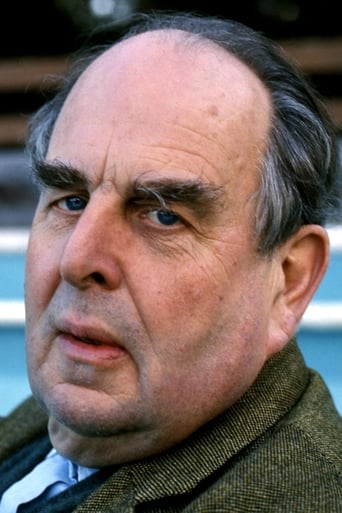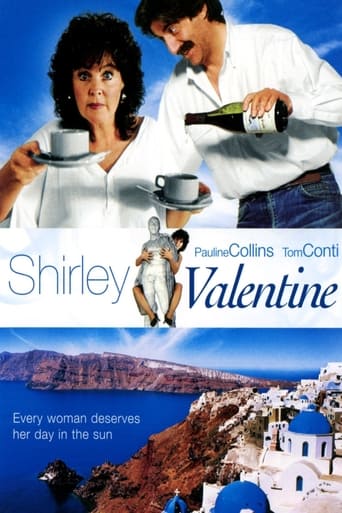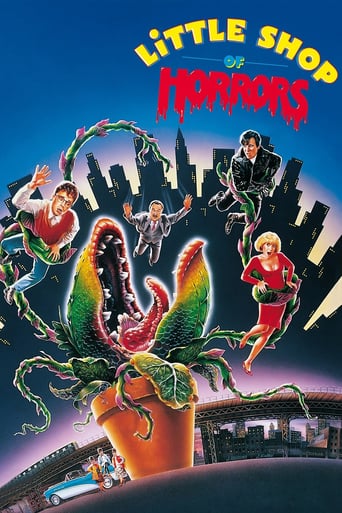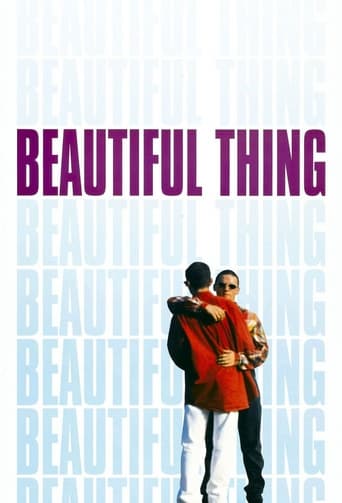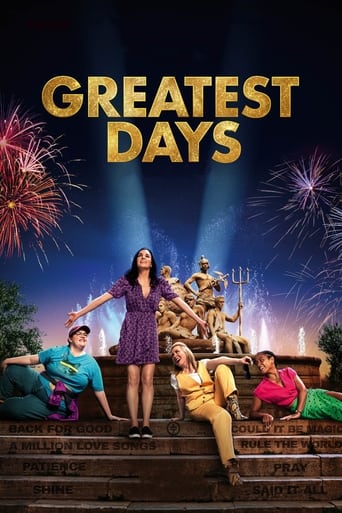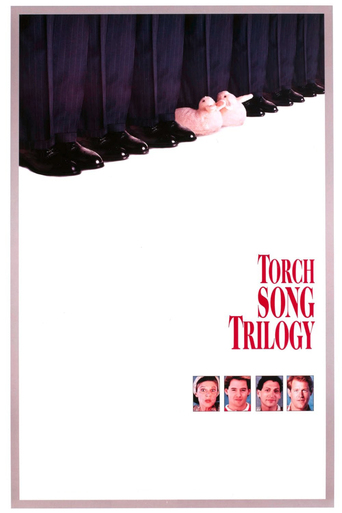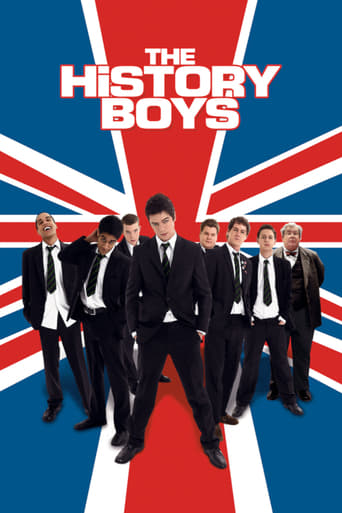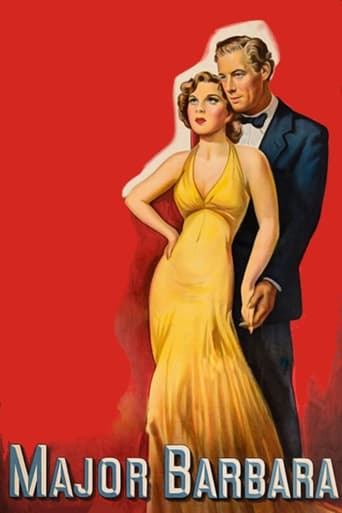
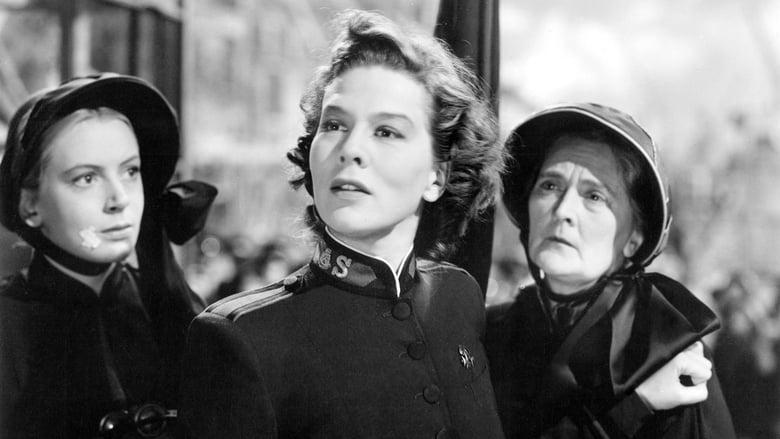
Major Barbara (1941)
Idealistic young Barbara is the daughter of rich weapons manufacturer Andrew Undershaft. She rebels against her estranged father by joining the Salvation Army. Wooed by professor-turned-preacher Adolphus Cusins, Barbara eventually grows disillusioned with her causes and begins to see things from her father's perspective.
Watch Trailer
Cast
Similar titles
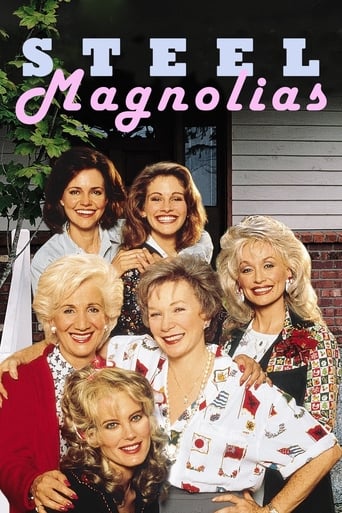
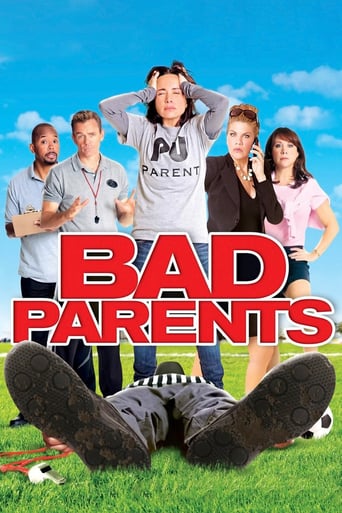
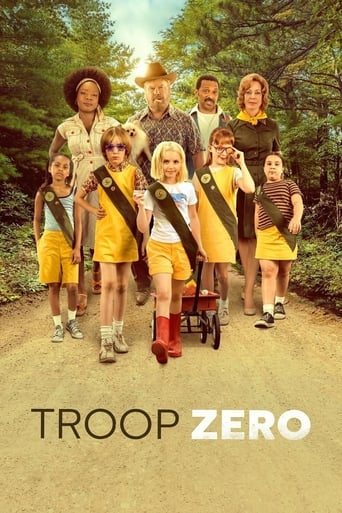
Reviews
Just what I expected
Absolutely brilliant
As somebody who had not heard any of this before, it became a curious phenomenon to sit and watch a film and slowly have the realities begin to click into place.
It's a good bad... and worth a popcorn matinée. While it's easy to lament what could have been...
You know what they say, if you're still an activist at 40, there must be something wrong with you. When faced with the cold hard truth that no money is kosher money, Major Barbara can relax and enjoy being rich. Just like with every activist, her manner of speaking is at least half a century old and she sounds like a Victorian spinster. The film seems to be set in the flappers era, so you can imagine how comical she must be. Wendy Hiller is a great actress and I'm sorry she didn't make more films and Rex Harrison is her equal. Deborah Kerr appears in a minor role, good from the start (this is her first film). Anyway, they speak too much and too fast, which maybe makes things unclear for most viewers, but that was not typical only of Bernard Shaw, but also of the screwball comedies of that period, which was actually ending by the time this film was released. You can still see the great Art Deco design during the factory visit scenes, photographed in beautiful B&W.
Once I asked my Sunday School class (Disciples of Christ) about an article I read about mob money given to some churches. Some of my class said however the money was earned (if "earned" is the term for mob money) it could be used for good. Then I asked what would they think if the KKK gave the same amount, and wanted it known. More demurred, though some made the argument that money itself is neither good nor evil, and it was still a good irony to take money earned from evil and turn it to good works and helping people. By rejecting it one might be taking food from the mouths of those who are in need (ours is a sharing church, not a builder of Crystal Cathedrals).Being the teacher and therefore moderator I took no part in the discussion; and it's just as well because I don't know what to think. Both sides made very good, but not altogether, persuasive arguments and I still have no opinion on the matter.This is more or less the theme of Shaw's play, written in 1905 and filmed in 1941, at the height of the Blitz, with an excellent cast. Wendy Hiller is good as the woman who loves saving souls in the Salvation Army, but who has a crisis of faith when her father, a wealthy industrialist, offers the Salvation Army fifty thousand pounds and, over her objections, accepts it.But when Barbara resigns her commission in the Salvation Army, is it pride, or her own problems with her father? Or is money really "tainted" just because it's earned from selling munitions? After all, munitions don't kill people, people kill people. (and, personally, as a capitalist I believe in earned money)The fact that he is a munitions maker is immaterial. Shaw was a Socialist and despised capital, despite the fact that the twentieth century that stretched 95 years after the play was written proved capitalism knows how to create jobs and lift the living standards of the poor but Socialism only knows how to lower all standards to equal squalor.The rest of the cast is uniformly excellent. Young professional Shavian Rex Harrison is good, and has a moment of brilliance when he's trying to pass through a trombone section of the Army. Robert Morley is a bit disappointing (I'm afraid I was expecting the arrogant Robert Morley, but he's just as good playing a pleasant-natured old munitions maker--in his thirties). The other major Robert in the cast, Newton, is his usual self, wonderfully hammy. Other familiar faces to American audiences will be Miles Malleson and Deborah Kerr, looking lovely in a very early role.Also in the credits are rising David Lean, as "assistant to the director." Curiously, Ronald Neame replaced Freddie Young as cameraman, since young would go on to have amazing success working with David Lean on his later epics.Like all Shaw's plays, it's talky. Not talky in the overly clever way of Wilde. More philosophically-talky,and eventually pedantry. And, as usual, Shaw stacks the deck in his own favor.Just as does criticism of this movie as "pro-war" or "anti-war." No one is "pro-war," but more open-minded people realize its necessity (as did American Presidents Wilson, FDR, JFK, LBJ, WJC, and BO, all of whom waged it at one time or another).Shaw is never very relevant to an American audience, since Americans never came from a caste-ridden society. And Shaw is a lot of talk, talk, talk. But if you can avoid Shaw's wicked sleight of hand, there are some good momens here, though lots of it is dull. And Shaw seems to have forgotten the Christian adage, "Money is the root of all evil," but is not evil in itself, nor are any THINGS, but from the hearts of men.
Major Barbara is NOT a love song to capitalism. Geo Bernard Shaw was a Fabian Socialist (WHAAAAA? never mind unless you like political esoterica, especially of the 1930s). For all those too young to know any better, Socialism, when it was practiced in the old dead Soviet bloc, was an even bigger and greater extoller of factory/industrial activity than capitalism ever has been. Governments back then slaughtered millions just to build factories so their survivors could produce industrial stuff for the State. So factories and industry was celebrated like crazy as the savior of all future society. THAT is what you see in Major Barbara. To give a contemporary contrast, Obama's healthcare is NOT socialism but fascism, written of by and for the insurance industry to force Americans to buy A PRODUCT FOR PRIVATE PROFIT, which is a hint as to the ideology behind Major Barbara: IT AIN'T CAPITALISTIC, it just looks that way to the 21st century mind bereft of political knowledge about (at least) the first half of the 20th. To think about almost anything as "socialistic" today is laughable compared to actual socialism as actually practiced, back in the day.Why then does Robert Morley's character go on about how he's saving the world by making weapons, among the other capitalistic but actually socialistic-APPEARING products he builds? Because when they filmed this, there was a war going on which at that point no one knew for certain whether they'd be forced to speak German in a few years as a result of it. If Shaw had to help win the war in a then-completely capitalistic Britain, he'd do it by applauding greed as he does, in hopes that afterward the majority of the population would prefer socialism in, e.g., THEIR health care, among other facets of life, which compared to the US is what followed. That's why the emphasis is so much on the military production overcoming the qualms about too much of it. (Both sides of that discussion, in the face of the German threat and in the face of permanent war afterward, were right.)
"Major Barbara (1941: **1/2). A lot of talent has gone into this film version of Shaw's play about a Salvation Army lass who is disillusioned when her Mission accepts a fat check from her father, a wealthy munitions manufacturer of wartime supplies. I happened to have the play on hand and referred back to it as I wasn't sure Shaw's meanings survived the rather tedious verbosity of the movie, which sags despite a great cast (Wendy Hiller, Rex Harrison, Robert Morley, etc.). Shaw seems to be saying that when religion and capitalism fight it out, capitalism will always win as it provides jobs and shelter for the poor, whereas all religion can do is to concentrate on saving their souls. To Shaw, a man's soul is best saved when his belly is full and his future is secured. Ultimately, the girl decides it's better to labor in her father's vast factory, where she can save souls while working within the system. I believe Shaw was something of a Utopian Socialist. He called this play a "Discussion in Four Acts" and that's pretty much what the movie seemed to be.
